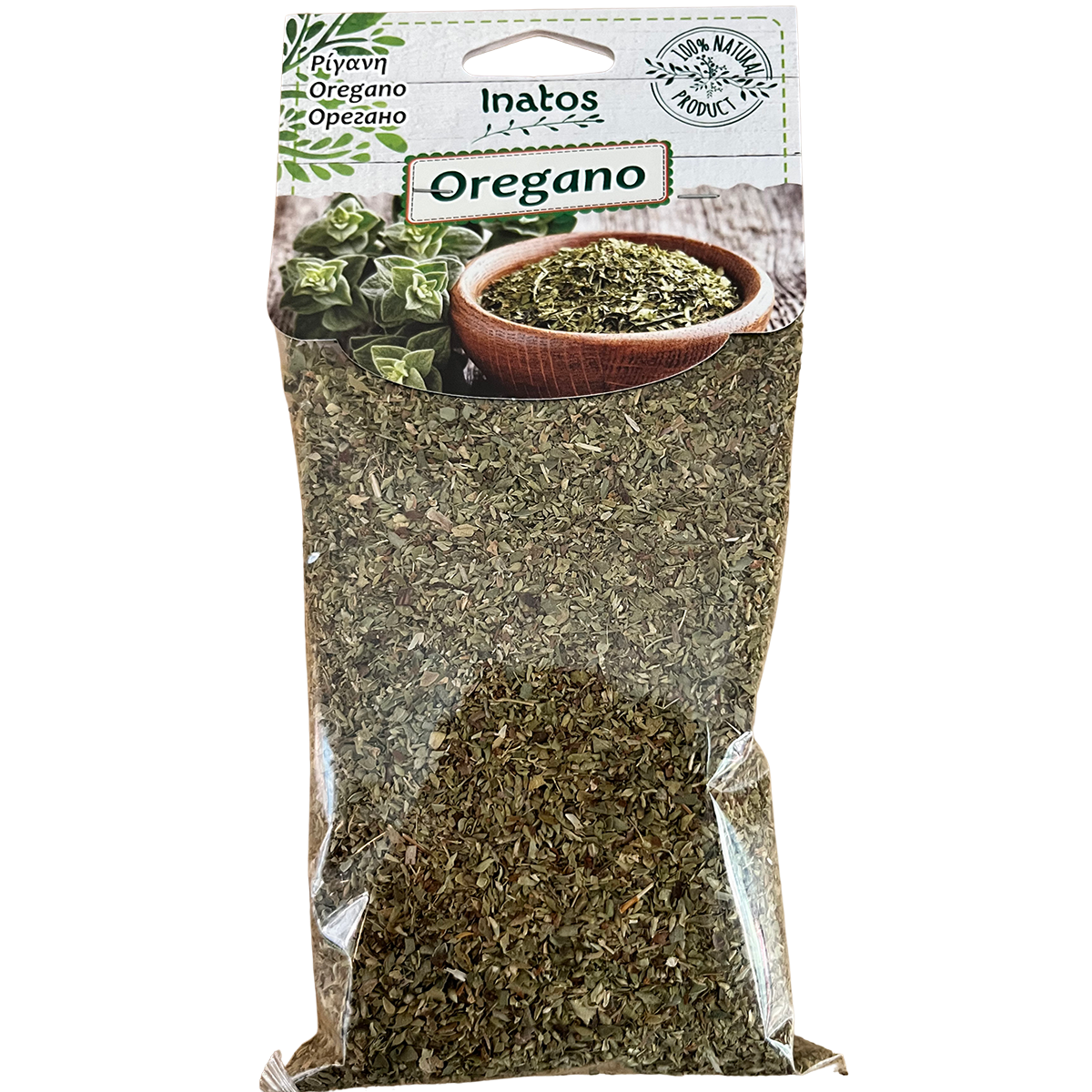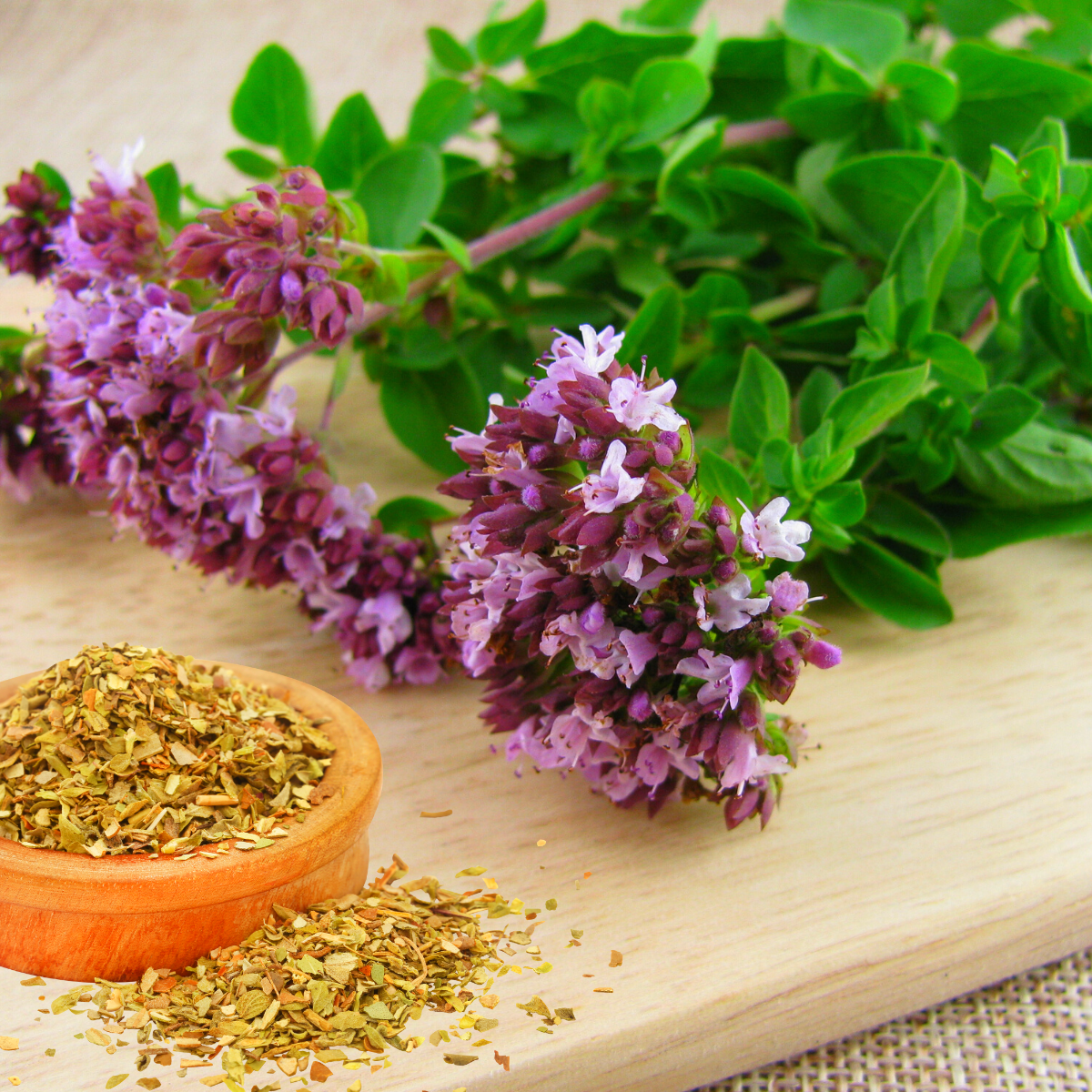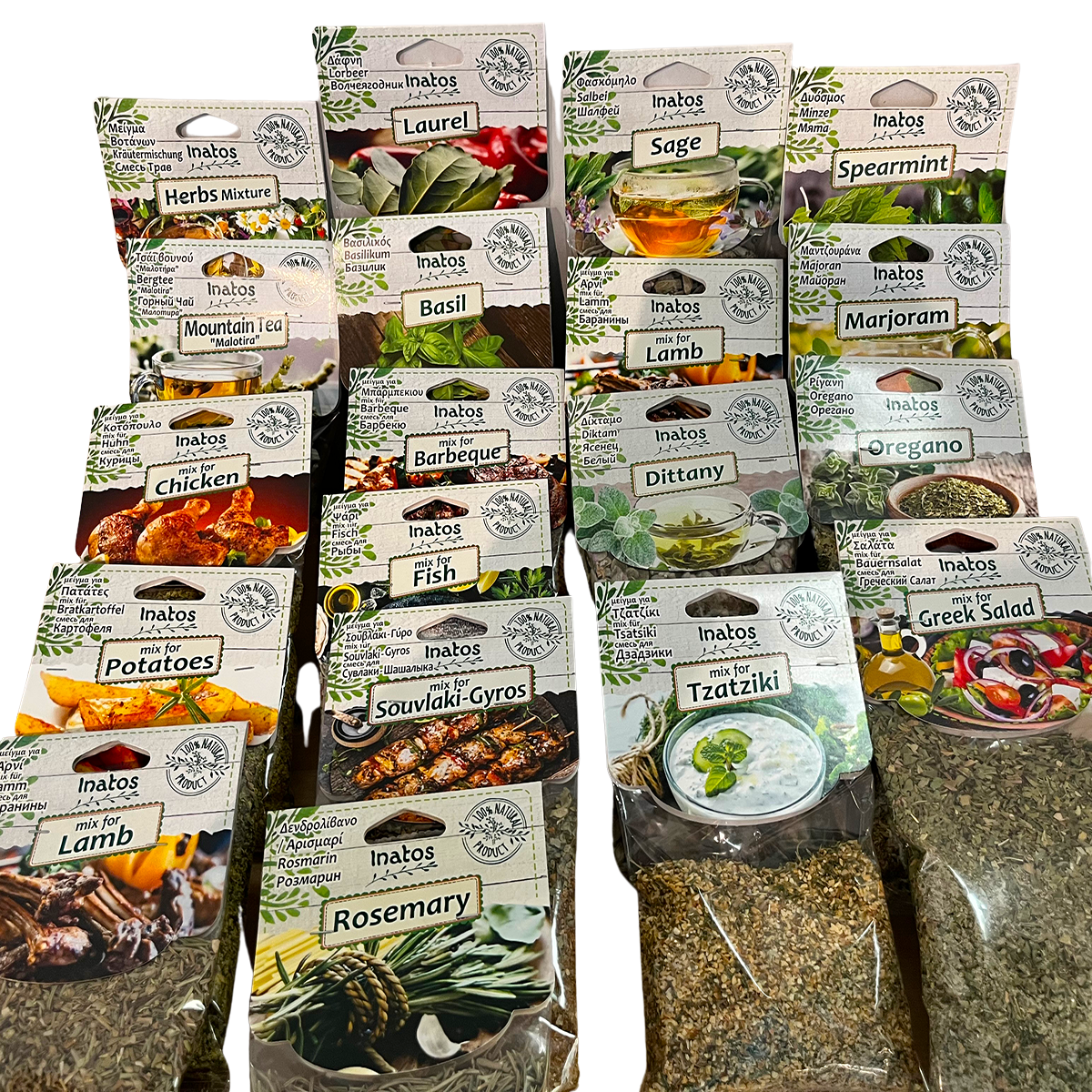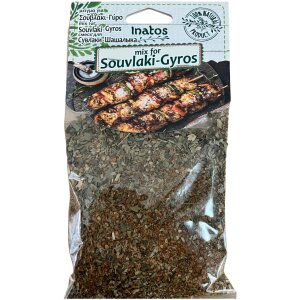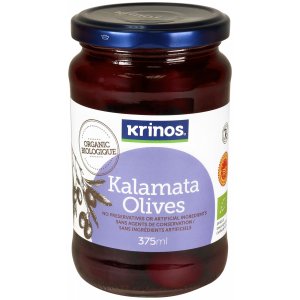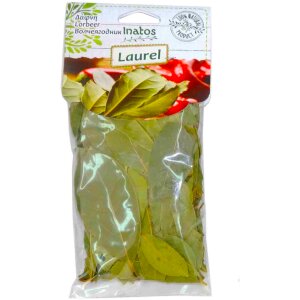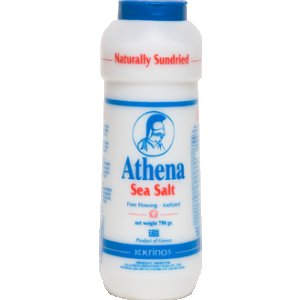Inatos Oregano – 100% Natural
$2.89
Oregano essential oils prevent the action of micro-organisms and protect the body from many diseases. Oregano is a great antioxidant factor.
Description
Inatos Oregano
Oregano is a native plant found in many territories in Greece. Using oregano with meat, not only taste is added but the meat’s nutritional value becomes higher. It is found that oregano’s antioxidant action is 12 times more powerful than the orange’s, 30 times better than the potato’s, and 42 than the apple’s antioxidant value. On the other hand, oregano is a great source of natural fiber, iron, and b-carotene. Fibers lower the cholesterol and triglyceride levels in the blood, making the combination “oregano – meat” more harmonic, almost ideal. Aristotle wrote that should a wounded animal eat oregano, the wound would heal. Even today, it is common practice for greek hunters to fill their prey’s belly with sprigs of oregano so that the meat remains unharmed until they return home. Oregano has an intense, spicy, and slightly bitter taste.
Ingredients:
Oregano
May contain traces of Celery and Mustard
Healing Benefits:
Oregano belongs to plants with high content of vitamin C; Used as a beverage or “tea”, oregano fights the atony of the intestines, eases digestion, and calms down the neural system. It is also regarded as a diuretic and emmenagogue; Oregano “tea” helps with hypertension and atherosclerosis; Gargles with oregano “tea” is good for inflammations and ulcers of the mouth and tonsils; The oregano essential oil is used for fighting lice; Compresses with oregano soothe bruises and swellings; Generally, modern medicine is widely using oregano.
Size:
40 grams
Also Available at Parthenon Market, Deli, and Café
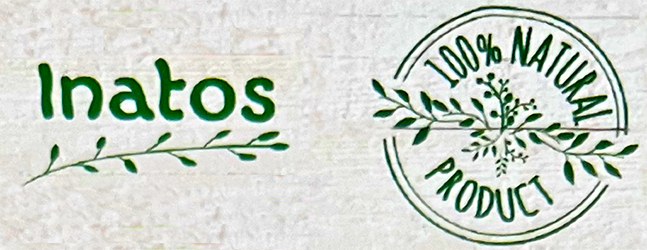
Inatos greek spices are 100% natural.
They are packaged in Crete, however, they are grown all over Greece.
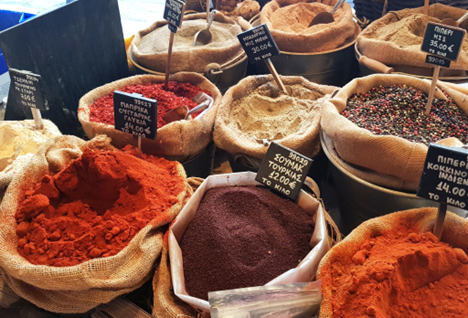
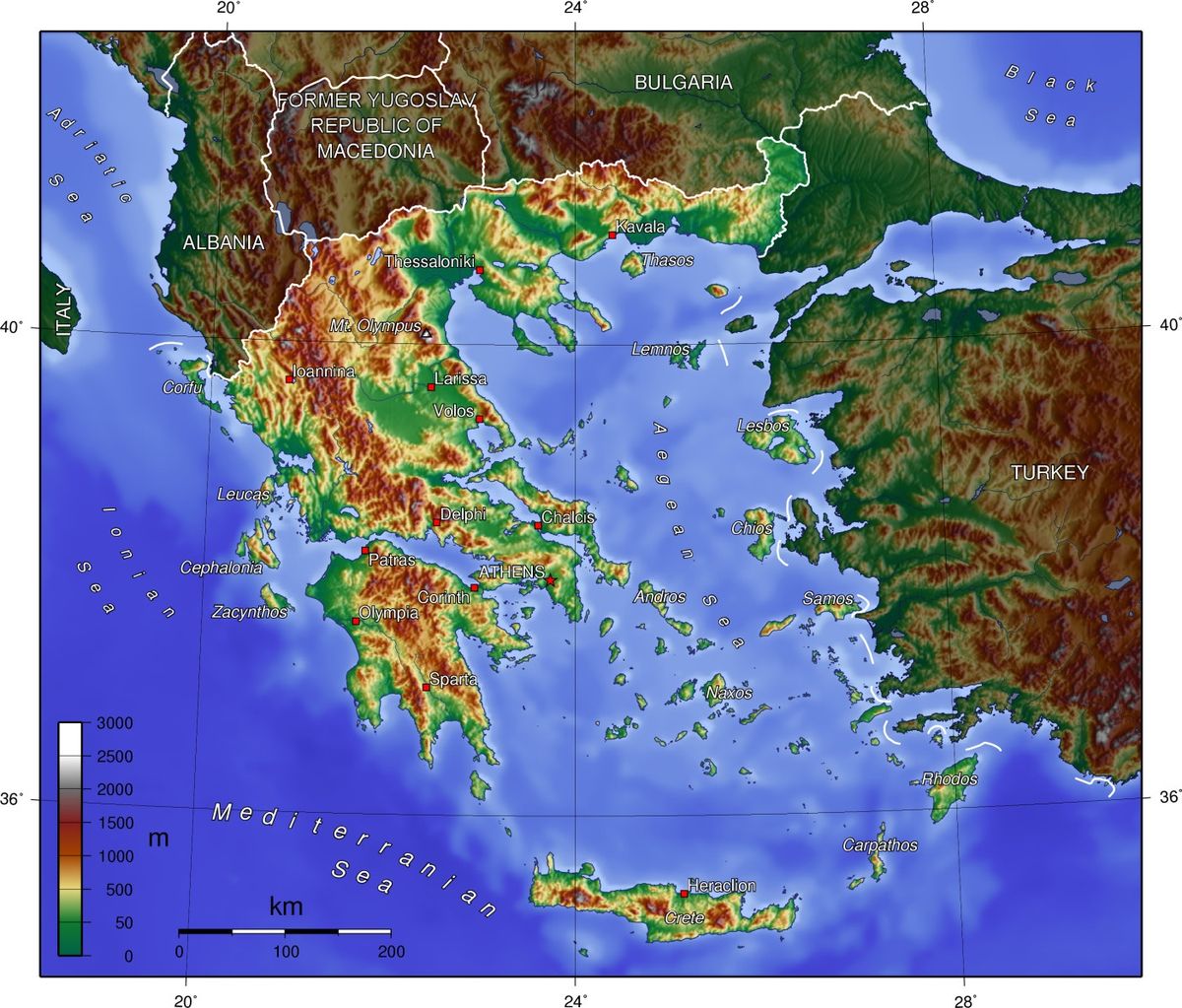
“Herbs were the main ingredient of Greek cooking all the way back to ancient times. Being a natural product of so much variety in the Greek countryside and taking advantage of the ideal climate, they gave the Ancient Greeks the ingredients to flavour their food, as well as the possibility to cure people of diseases. As far as their medical use is concerned, the physician Hippocrates was known for basing the Hippocratic elemental healing system on medicinal herbs, and this system is considered one of the cornerstones of later Western medicine. On the other hand, due to their abundance and simplicity, culinary herbs were widely grown and dried, and their combination with one of the crown jewels of Mediterranean cuisine, olive oil, was commonplace in the preparation of a meal. Sometimes, herbs were also used in some religious ceremonies during the time period.
Some of the main herbs used in Greek cuisine include oregano (known in the classical world for its association with Aphrodite and happiness, whereas today it is considered the king of Greek herbs), thyme, sage, parsley, dill, mint, spearmint, fennel, and many others.
Spices, on their part, were also the main ingredient of an ancient Greek meal, but it is true that the majority of spices used in Greek cookery today can be linked to the millennia of interaction Greece has had with other great civilizations, such as the Romans, the Persians, the Turks, the Arabs and a host of others from all over the world. Today, spices like garlic, onion, cinnamon, cumin, coriander, nutmeg, pepper, paprika, cloves, and sesame constitute an integral part of what makes Greek cuisine so aromatic. A special mention has to be made about greek saffron from Kozani and greek mastic from Chios, both of which have a P.D.O. Designation, are only grown in these specific regions and are regarded as number one worldwide.”
Read the full article by Anna Tzogia here: Aromatic herbs and spices of Greek cuisine!

